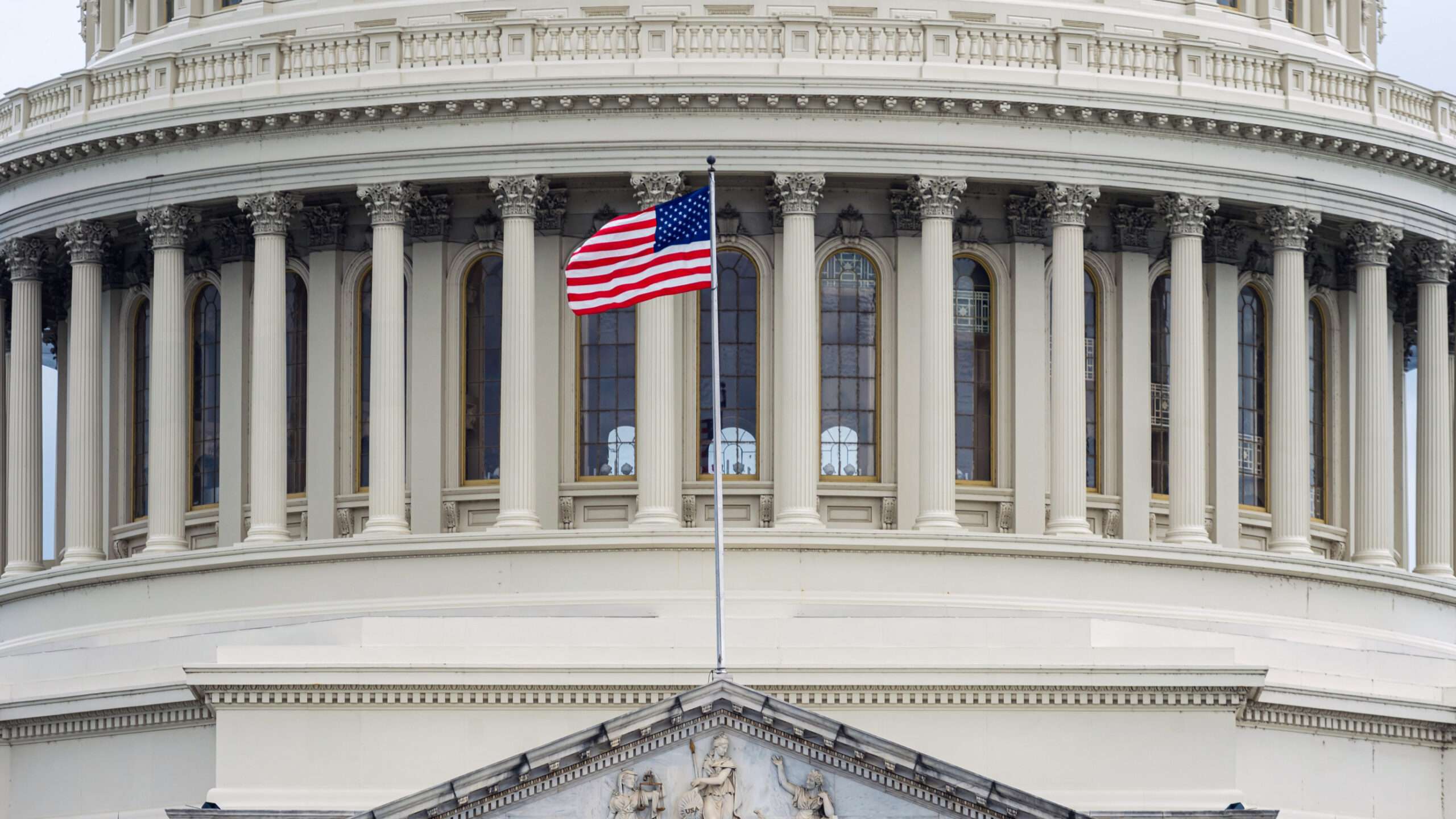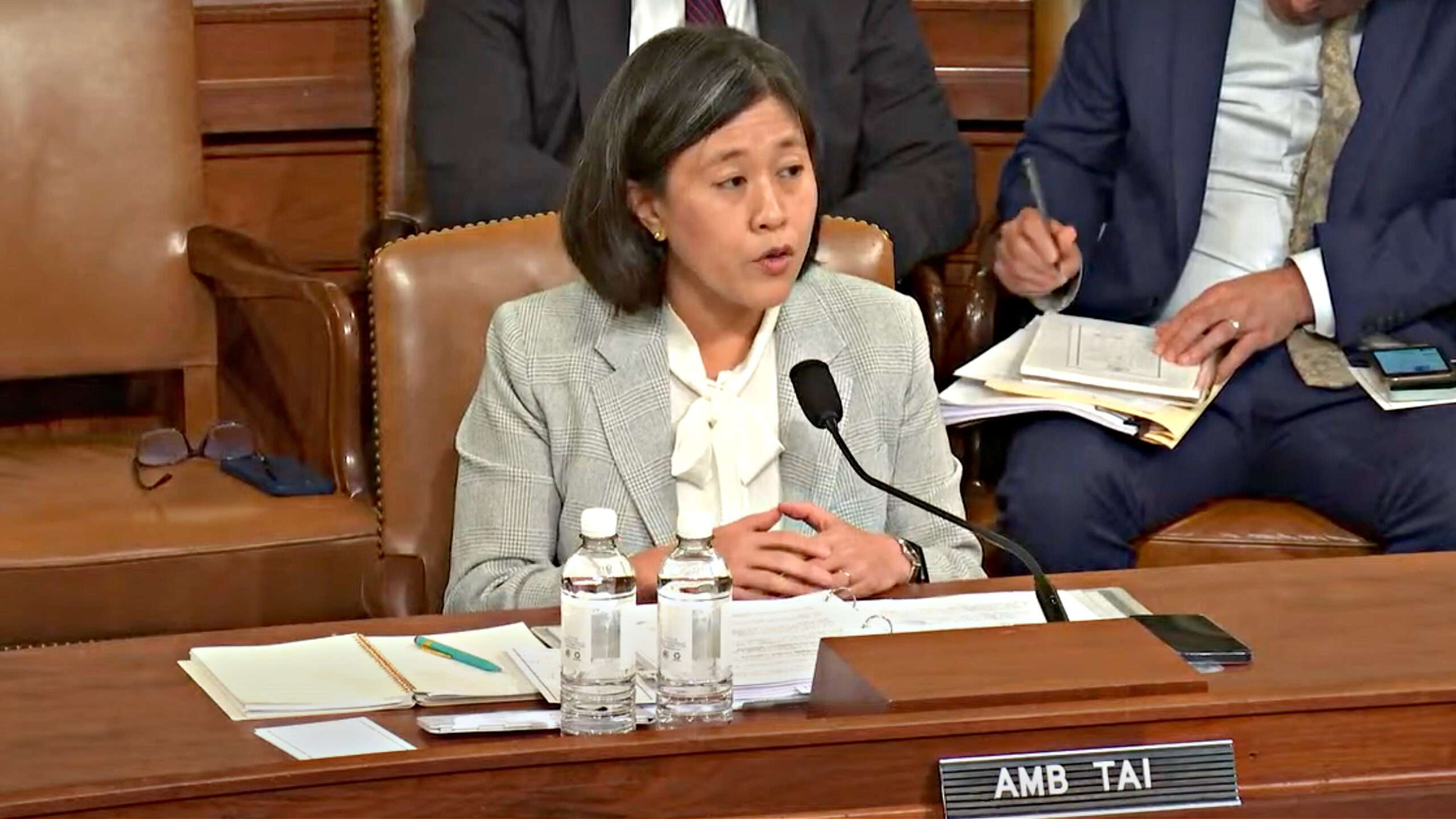WASHINGTON—Foreign companies operating in the U.S. could face major changes in their tax bills under an overhaul being planned by Republicans. Those could include new surtaxes or limits on how much the companies can deduct on certain expenses such as rent, royalties and interest on debt.
[Richard Rubin | October 19, 2017 | Wall Street Journal]
The changes would be meant to address an imbalance. Because U.S. corporate tax rates are higher than they are in many other countries, foreign companies have an incentive to book big expenses in the U.S. so that more of their global profits get taxed at low rates back home. A drop in the U.S. corporate tax rate will address part of that imbalance, but not all of it, so other steps, such as a surtax for foreign companies with headquarters or operations in the U.S., could be imposed to level the playing field.
Lawmakers haven’t announced details of any plans, but the Senate Finance Committee sent a strong signal this month by inviting some of the sharpest critics of foreign companies’ tax maneuvers to pitch ideas at one of the final hearings before a bill is released.
“It looks like that is going to be a priority of the Republicans as they put together this plan,” said Michael Mundaca, a former Treasury Department tax official and now co-director of Ernst & Young’s National Tax Department.
Under current law, foreign companies can load up their U.S. operations with deductions for interest and royalties in ways U.S. companies can’t. That reduces profits subject to the 35% U.S. corporate tax rate, pushing them instead to low-tax foreign countries. U.S. companies have difficulty taking the same steps because they’re based within the U.S. tax system and would be taxed at home if they made similar cross-border payments.
That has driven foreign takeovers of U.S. firms and so-called inversions, deals in which U.S. companies take foreign addresses and then avail themselves of deductions and tax maneuvers they couldn’t use before. Those deals erode the U.S. tax base, and lawmakers worry that high-paying corporate headquarters jobs will move abroad, too.
The GOP’s tax framework, released last month, referenced “rules to level the playing field between U.S.-headquartered parent companies and foreign-headquartered parent companies.”
Lowering the U.S. tax rate to 20% from 35% would reduce incentives for companies to shift profits out of the U.S., but they wouldn’t disappear as long as companies find lower tax rates elsewhere.
Bret Wells, a tax law professor at the University of Houston who testified at the Senate’s Oct. 3 hearing, said policy makers should examine how foreign companies use interest, rents, royalties and supply chain management to reduce U.S. taxable income. He proposed a “base protecting surtax” on payments companies make out of the U.S.
Foreign-based companies with U.S. operations are watching the debate closely, said Nancy McLernon, president of the Organization for International Investment, a trade association representing them. Changing how the U.S. taxes its own companies’ foreign earnings will level the playing field, she said.
“It’s really important that we not devolve into this ‘us versus them’ scenario,” Ms. McLernon said. “I’m concerned a bit about a global tax war.”
Foreign-based companies’ top executives typically aren’t deeply involved in U.S. politics, but they don’t lack clout. They employ millions of Americans, and lawmakers with significant facilities in their states are aware of their impact.
The U.S. tax system fails to make the country a desirable location for a business headquarters, Senate Finance Committee Chairman Orrin Hatch (R., Utah) said in a statement. “That needs to change,” he said, and that change should “include policy solutions that will effectively target and combat inversions and not tip the balance to tax-driven foreign acquisitions of U.S. firms.”













